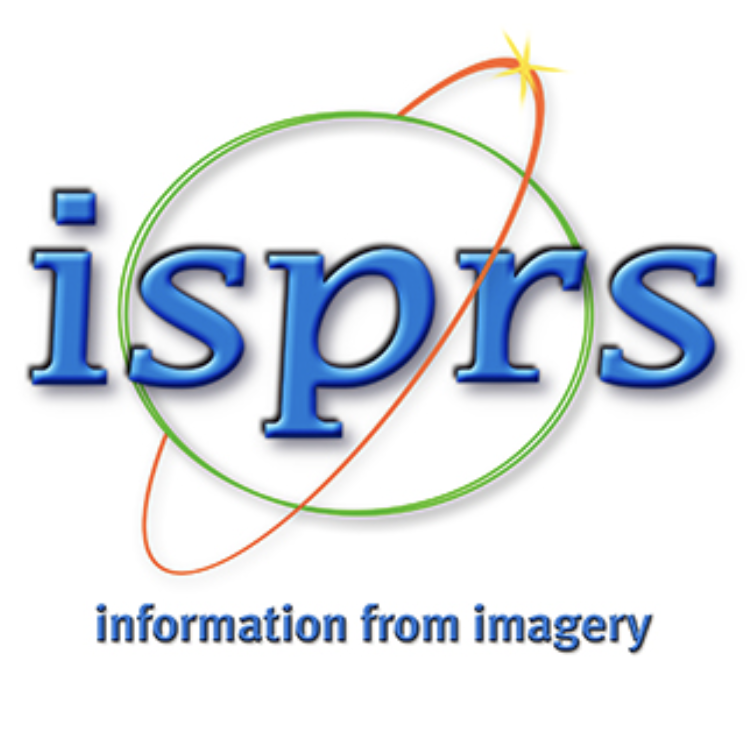This paper synthesizes vulnerability, risk, resilience, and sustainability (VRRS) in a way that can be used for decision evaluations about sustainable systems, whether such systems are called coupled natural–human systems, social–ecological systems, coupled human–environmentsystems, and/or hazards influencing global environmental change, all considered geospatial open systems. Evaluations of V-R-R-S as separate concepts for complex decision problems are important, but more insightful when synthesized for improving integrated decision priorities based on trade-offs of V-R-R-S objectives. A synthesis concept, called VRRSability, provides an overarching perspective that elucidates Tier 2 of a previously developed four-tier framework for organizing measurement-informed ontology and epistemology for sustainability information representation (MOESIR). The new synthesis deepens the MOESIR framework to address VRRSability information representation and clarifies the Tier 2 layer of abstraction. This VRRSability synthesis, composed of 13 components (several with sub-components), offers a controlled vocabulary as the basis of a conceptual framework for organizing workflow assessment and intervention strategies as part of geoinformation decision support software. Researchers, practitioners, and machine learning algorithms can usethe vocabulary results for characterizing functional performance relationships between elements of geospatial open systems and the computing technology systems used for evaluating them within a context of complex sustainable systems.
Synthesizing Vulnerability, Risk, Resilience, and Sustainability into VRRSability for Improving Geoinformation Decision Support Evaluations


